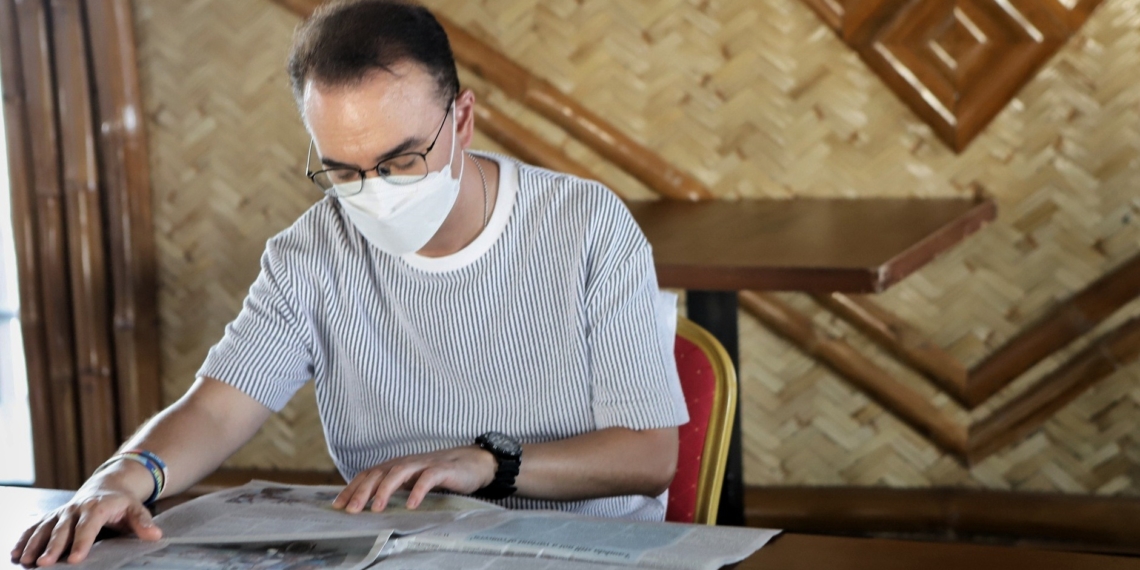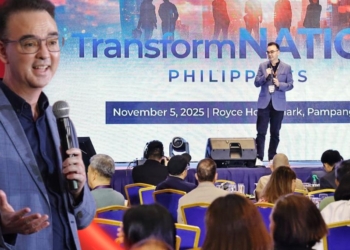Former Speaker Alan Peter Cayetano on Friday said he will support the pilot implementation of face-to-face classes in areas where there are few COVID-19 cases.
In an interview with DZRH Nationwide on June 25, Cayetano said attending face-to-face classes will always be better than online learning.
“I will support a pilot project of face-to-face (classes) sa mga lugar na mababa naman po ang COVID-19 (cases) at ligtas ang mga bata. Number one (priority) kasi ‘yung kaligtasan ng mga bata,” he said.
(I will support a pilot project of face-to-face classes in places with few COVID-19 cases, where the safety of our students can be ensured. The safety of our students is our number one priority.)
Cayetano said the concerned departments and agencies in government need to be innovative in planning out the conduct of face-to-face classes.
“Tingin ko, namamanage. Ang problema, kulang sa innovation (I think they’re managing it. The problem is that they are lacking in innovation.),” he said.
“We have to be more innovative. There has to be future thinkers in all the departments so that we can get ahead of this COVID-19 (pandemic),” he added.
The former Speaker also criticized the Department of Education (DepEd) for failing to utilize the funds it received under Bayanihan 2 for the purchase of tablets and laptops for students.
“Iyon ngang nilagay naming pondo para sa mahigit sampung libong laptop at tablet, di ko malaman kung bakit di binili at di nagamit,” he said.
(I don’t even know why they didn’t use those funds we allocated for the purchase of more than 10,000 laptops and tablets.)
Cayetano previously sought a House inquiry on unused funds from the implementation of Bayanihan 1 and 2.
Citing Taguig’s education reforms, the lawmaker emphasized the need to listen to parents, students, and teachers in designing programs and services in the education sector.
The city government has been successful in providing free uniforms, bags, books, school materials, hygiene kits, and medical checkups for students, as well as allowances and new facilities for teachers. School events like junior-senior proms and graduation ceremonies are shouldered by the local government.






